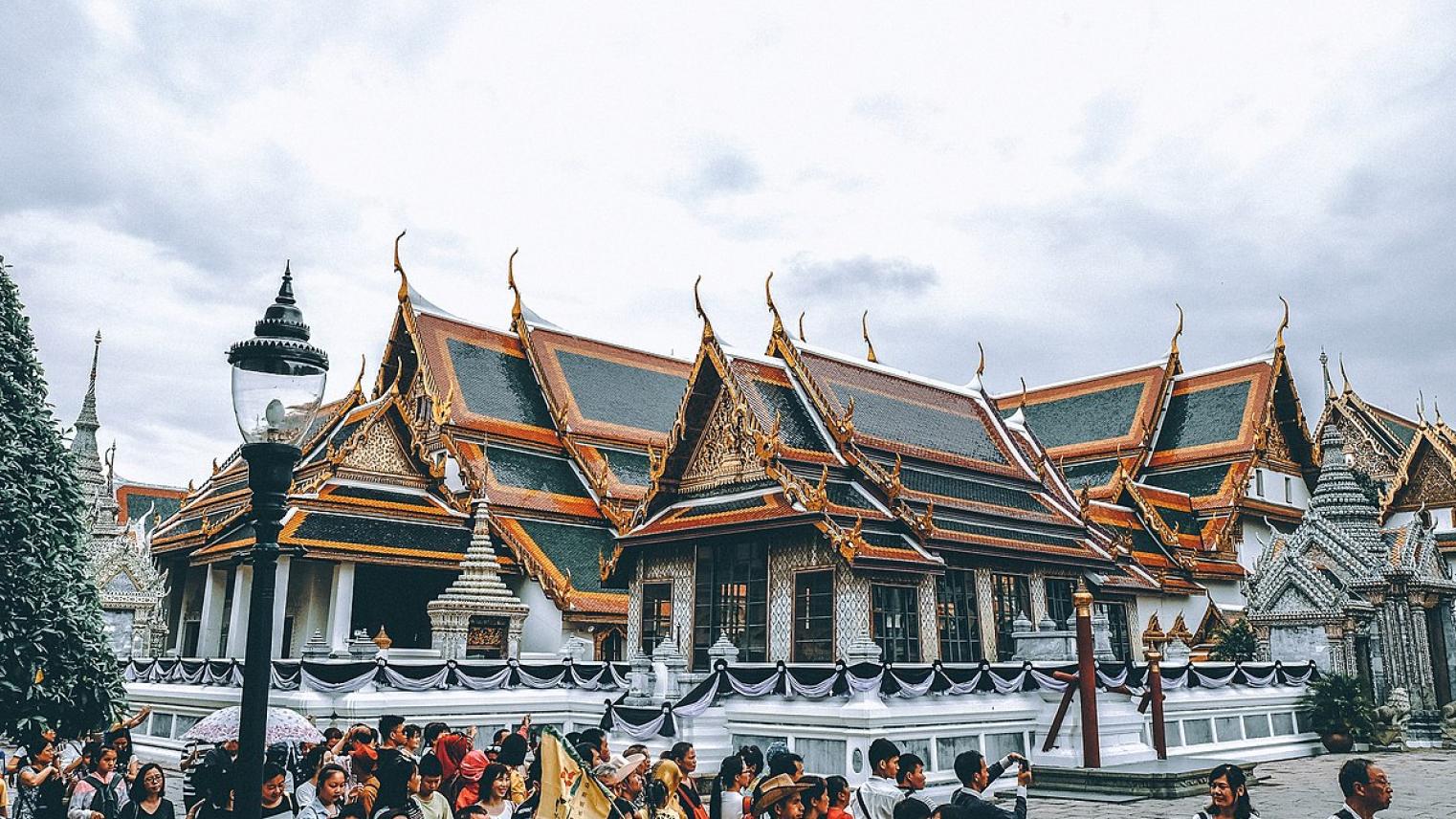Memoryscapes connect physical space, shared imaginings, and mental maps of history. Thailand’s state-sanctioned royalist-nationalist history dominates its memoryscape, placing Thai monarchs at the heart of national identity and collective memory. Sites of memory are arranged hierarchically and authorised hegemonically, with commoners accorded status according to their association with monarchy.
While Thailand’s construction as a modern nation-state brought a Western-form of history-making into being, this did not extinguish mythic time and narrative truth. Consequently, many of Thailand’s monarchs and even some of its commoner heroes alike are consecrated, offering sites for local devotional practice. But critical historiography, democratic aspirations, and the memory of the 1932 Revolution (that ended the absolute monarchy) challenge and roil the tranquil coexistence of myth and royal-nationalism.
As Thailand’s authoritarianism has deepened, following the royal transition of 2016, so have efforts to remove vestiges of Thailand’s democratic site of memory intensified. In 2020 Thailand’s youth revolted, staging their own commemorative rituals in order to defend the memory of Thailand’s democratic struggles.
This presentation reveals a memoryscape that is mythic and monarchical on the surface, but troubled and turbulent below.
Gregory Raymond is a lecturer in the Strategic and Defence Studies Centre who researches Southeast Asian politics and foreign policy. He has been exploring the role of collective memory in Thailand with respect to war commemoration and Thailand’s international relations, topics dealt with in his recent book (co-authored with John Blaxland), The US-Thai Alliance and Asian International Relations: History, Memory and Current Developments (Routledge, 2021).
